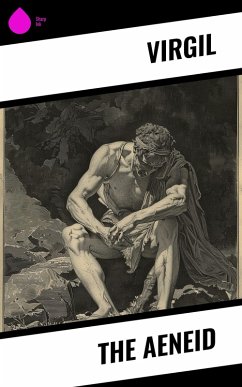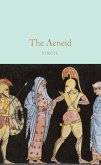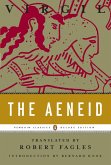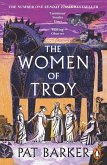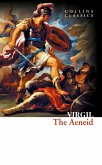The Aeneid, Virgil's epic masterpiece composed in the first century BCE, intricately weaves the story of Aeneas, a Trojan hero destined to found Rome. This epic poem is structured in twelve books and is defined by its rich use of poetic devices, including similes, metaphors, and vivid imagery, all contributing to its heightened emotional and narrative depth. Notably, The Aeneid reflects the socio-political climate of Augustus' Rome, serving both as a celebration of Rome's imperial destiny and a meditation on fate, duty, and the human experience amidst divine intervention. Virgil's innovative blend of mythology and history transitions the form of epic poetry into a vehicle for moral and political commentary, emphasizing themes of piety and sacrifice. Born into a farming family in 70 BCE, Virgil's lifelong passion for poetry was fostered by his rural upbringing and subsequent studies in Epicurean philosophy. His deep-seated admiration for Homer resonates throughout The Aeneid, where he sought to forge a distinctly Roman identity through epic literature. The poem was written during a time of significant cultural transformation in Rome, reflecting Virgil's own experiences as he grapples with the historical struggles of his people. The Aeneid is an essential read for anyone interested in classical literature, Roman history, or the foundations of Western storytelling. Virgil's masterful artistry not only entertains but also invites the reader to ponder profound questions about destiny and the moral complexities of leadership. This timeless epic remains a cornerstone of literary study, illuminating both the past and its enduring influence on subsequent generations.
Dieser Download kann aus rechtlichen Gründen nur mit Rechnungsadresse in A, B, BG, CY, CZ, D, DK, EW, E, FIN, F, GR, HR, H, IRL, I, LT, L, LR, M, NL, PL, P, R, S, SLO, SK ausgeliefert werden.

